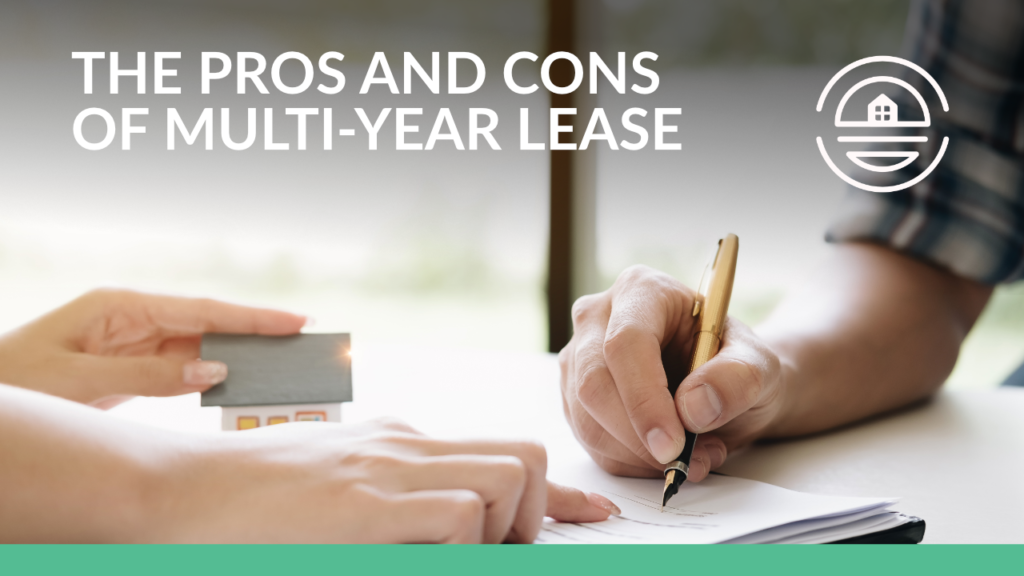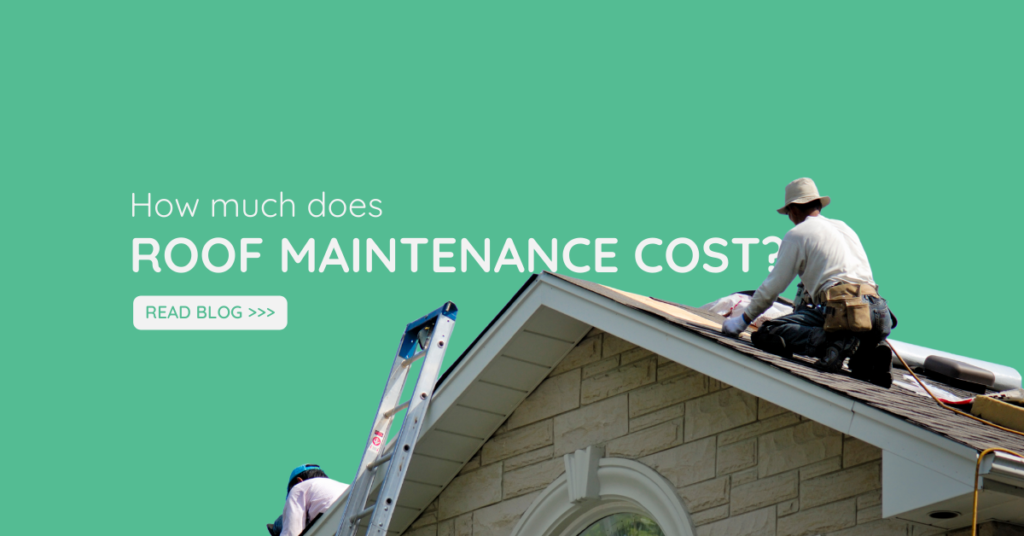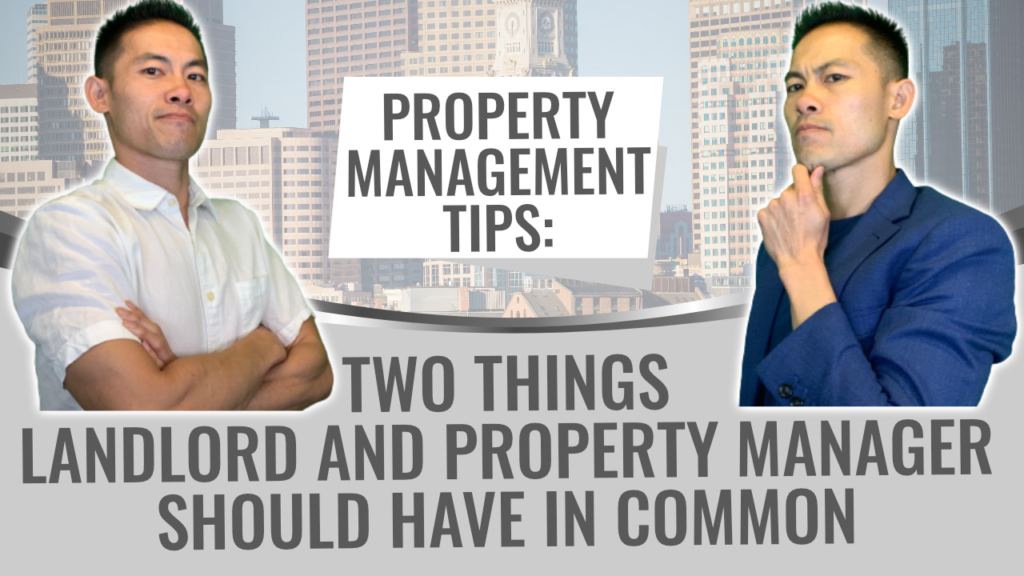The Pros and Cons of Multi-Year Lease
A lease is an agreement between, the landlord or the property manager, and the tenant. One of the most important aspects of it is the duration. Typically in Massachusetts, we have a 12-month lease, but we want to make sure that our leases will always end anywhere between June, July, August, or September. Sometimes,…

A lease is an agreement between, the landlord or the property manager, and the tenant. One of the most important aspects of it is the duration. Typically in Massachusetts, we have a 12-month lease, but we want to make sure that our leases will always end anywhere between June, July, August, or September. Sometimes, if you’re starting in the middle of the year, you might do a longer or a shorter-term lease to get it on that cycle.
The Pros
Regardless, there’s a lot of landlords out there that love two or three-year leases. This allows them the stability to know that they have tenants for the long term, and they don’t have to worry about their renewals. Or worry about whether their property is going to go vacant. Generally, that’s a good idea to have security but let us discuss the cons of having a long-term lease and why we don’t do them as a property manager.
The Cons
When you have a tenant that have a two or three-year lease, they might start misbehaving. If they’re bad tenants, it’s going to be much harder for you to be able to evict them. You have to deal with them until the contract ends.
We send out our renewals early, typically January for September move-ins. With that, we were able to lock them in for another year, about three or four months after they started the lease, so there isn’t too much difference with that.
Many times, a landlord does a two-year or three years at least. What they do is keep them at the same rate. However, you as a landlord have to remember that your expenses go up. Your water, your taxes, your insurance, none of these ever go down for you. In addition, you always have to account for 3% of inflation, and this will slowly eat your profits if you keep the runs the same.
Us having a year-by-year lease allows us to reevaluate. Usually, we do that at the beginning of the year to check what your expenses were like for the previous year. We then decide if your expenses went up one or 2%, plus the inflation. We might go up 4% or 5% to be able to help you offset that and make you at least the same amount of money that you didn’t the previous years, and you will in the future, if not to make more.
That’s important as a landlord. You own the property because it’s an investment you wanted to be able to provide you return. Those are the two big reasons why we do not do multi-year leases.
The third most important aspect of it, is that you can’t change terms once someone signs an agreement, a legally binding contract. Sometimes, things change in both our lives as well as the tenants. They might get a pet, or maybe you feel something different about a certain rule or regulation with a neighbor. You’re going to change those lease terms every single year. We’re also going to review our leases, make it a little bit better, a little bit tighter, to protect you, our landlord, and us.
Overall, those are the top three reasons why we do not do multi-year leases as well as the pros and cons of them, and we will let you make the choice and make the decision.
If you’re looking for a property manager that is proactive, think about these types of things in the small nuances of even doing and making sure that you’re both protected and maximizing your profit, please think of Green Ocean Property Management, you get more than a property manager, you get peace of mind.
How Much Does Roof Maintenance Cost?
Ever get that sinking feeling when a tenant calls about a roof leak? It disrupts their lives, damages your property, and can cost a significant chunk of change to repair. But what if you could prevent those stressful situations altogether? Regular roof maintenance isn’t just about keeping your tenants happy (although that’s a definite plus). …
From Application to Move-In: Making the Tenant Onboarding Process Easy
First impressions matter, and that’s especially true when it comes to welcoming new tenants. A smooth onboarding process sets the tone for a positive landlord-tenant relationship and fosters a sense of community within your rental property. By streamlining the steps from application to move-in, you can benefit from increased tenant satisfaction, reduced vacancies, and a…
Best Practices for both Landlords and Property Managers
Property managers and landlords play a huge role in the real estate industry. Both are key players in making sure that the property and the tenants are well taken care of. These two require two important things: transparency and communication. Both are dealing with a property worth hundreds of thousands, if not millions…










